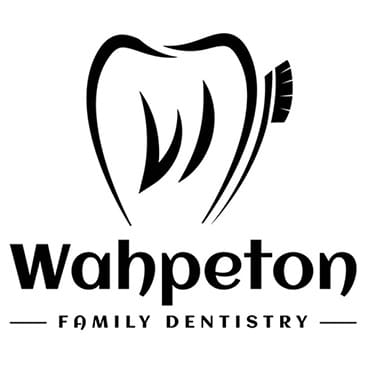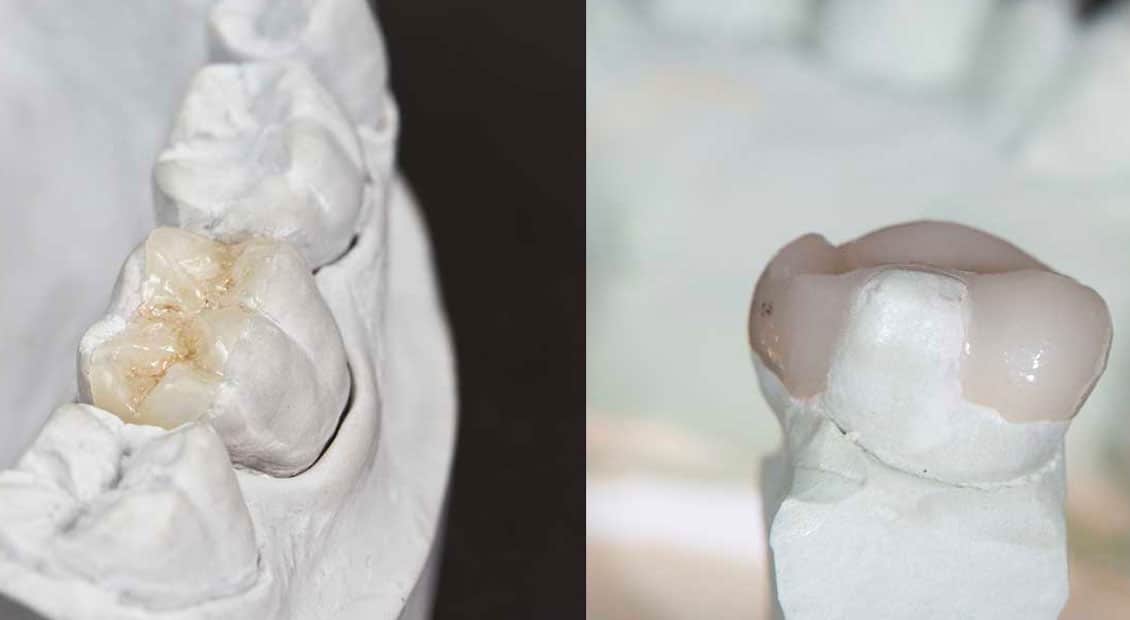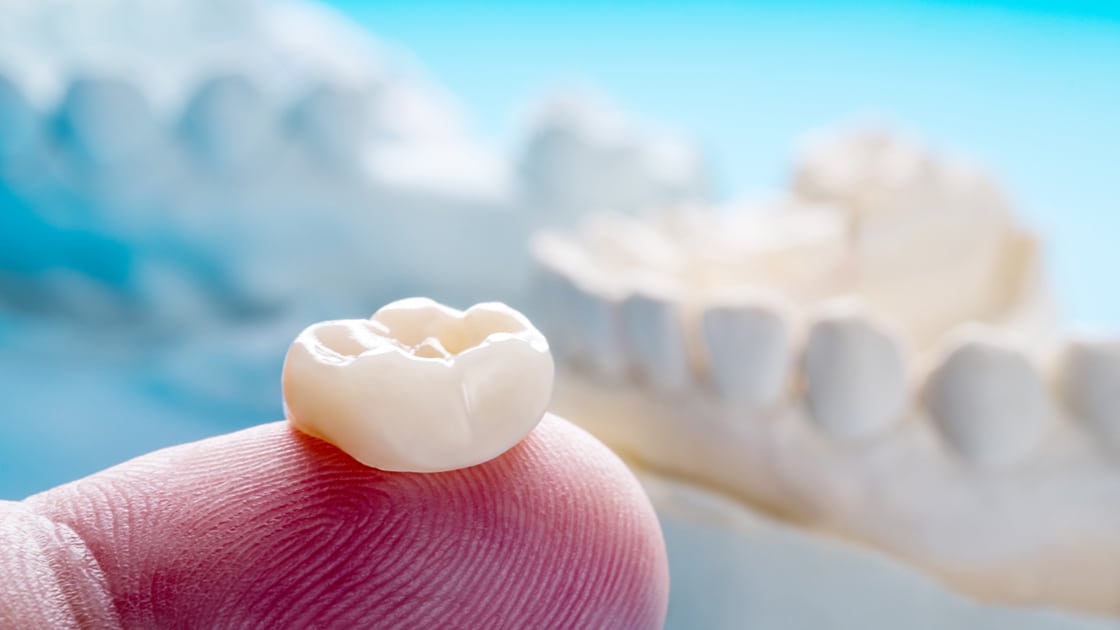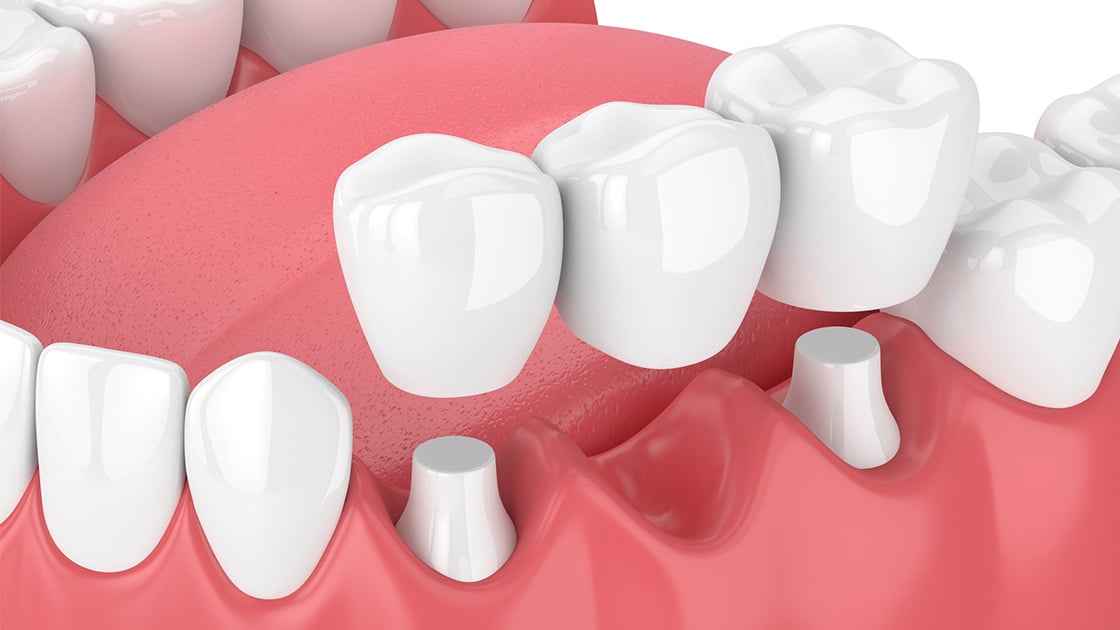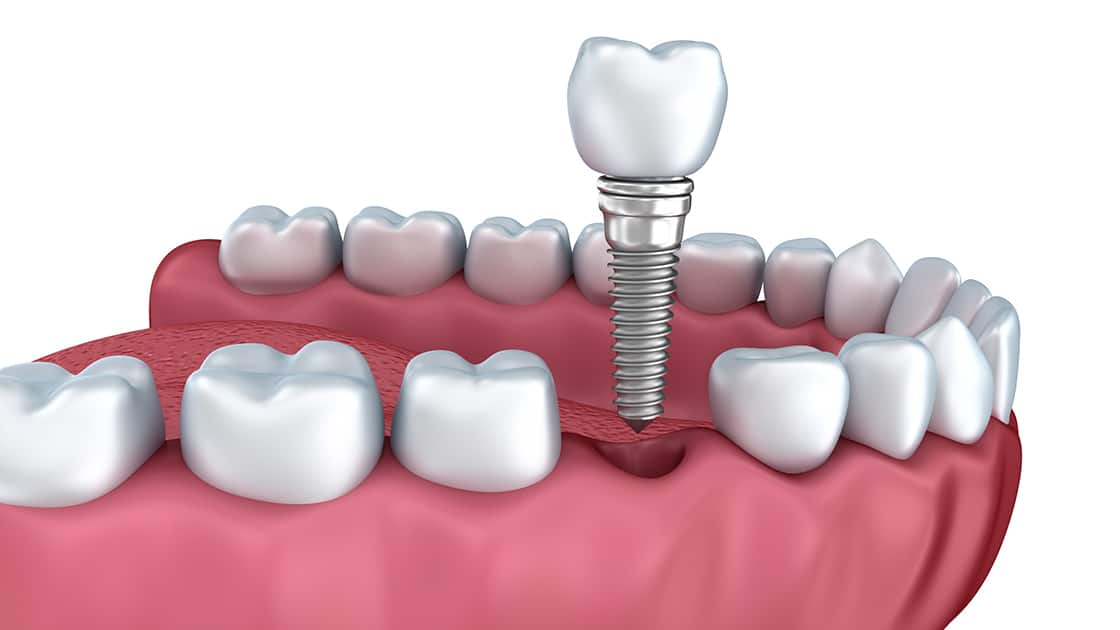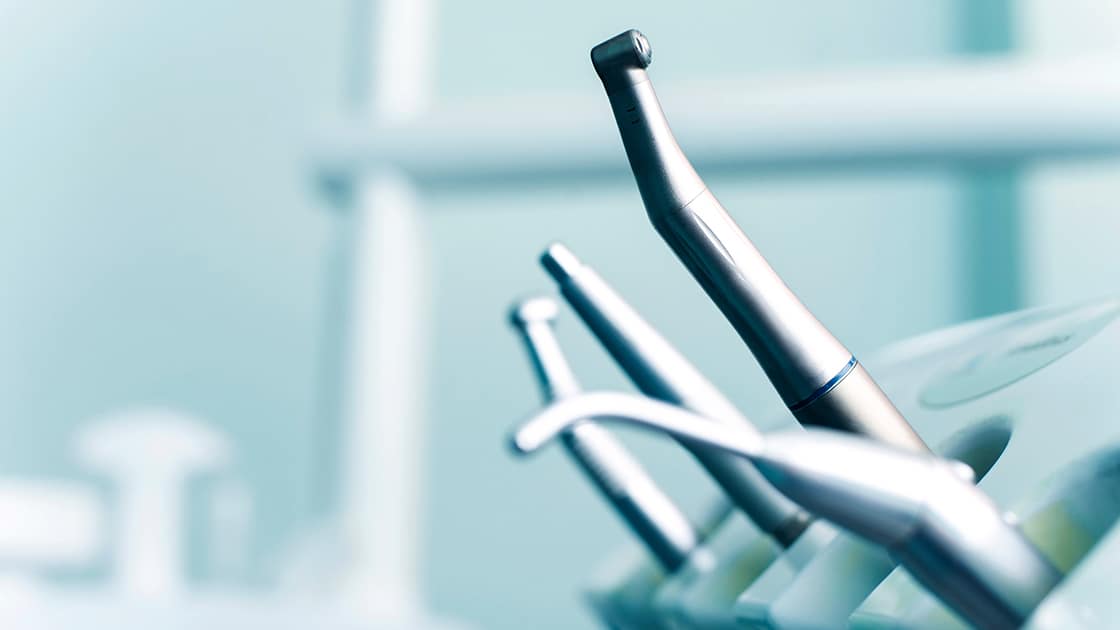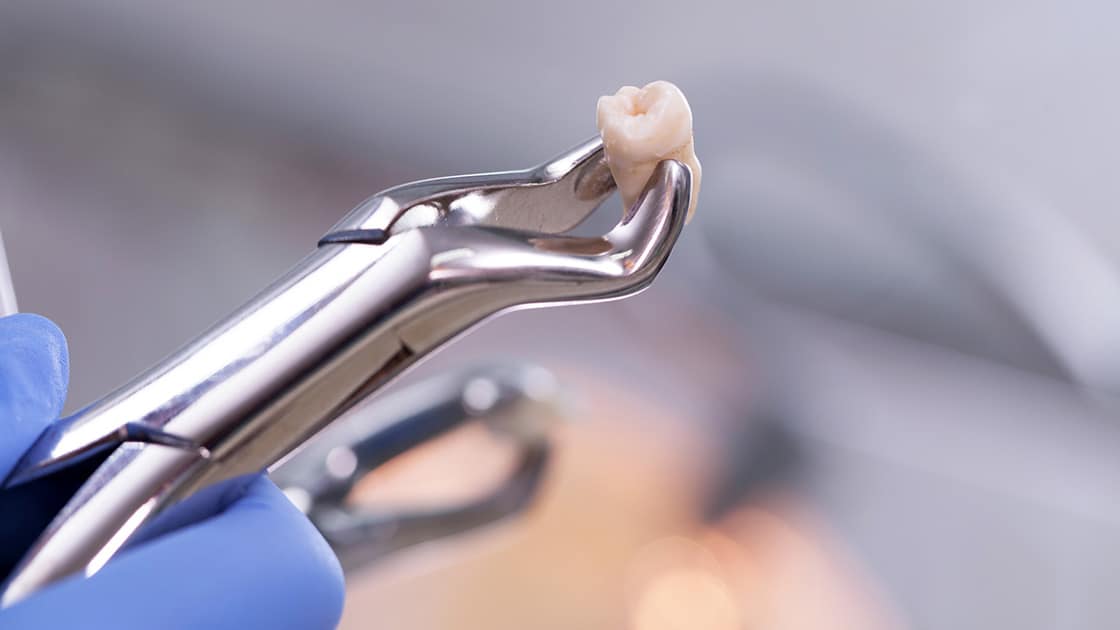Restorative procedures help protect both oral health and overall health while improving the appearance of the patient’s smile. Being able to properly chew food and having correct bite alignment affect a patient’s health in ways that go beyond just a smile. When restoring damaged, broken, and decayed teeth, the goal is to return the tooth to its original strength, function, and esthetic. Biomimetic dentistry, which is defined as the reconstruction of teeth to emulate their natural biomechanical and esthetic form and function, accomplishes all of this in a conservative approach with strong and attractive results.
What Is Restorative Dentistry?
Restorative dentistry is the term used to describe procedures that restore the health of the teeth and mouth. When one or more teeth are damaged in some way, such as decay, the effects of teeth grinding, or a dental trauma, restorative dentistry may be able to save the teeth and allow them to stay in place in your mouth. In many cases a restorative procedure can help your teeth last for the rest of your life.
In other cases when one or more teeth can’t be saved, extraction and replacement is another form of restorative dentistry. Natural teeth can be replaced with bridges, dental implants, partials or dentures.
Benefits of Restorative Dentistry
Restorative Dentistry offers many benefits:
- Keep your natural teeth. In many cases restorative dentistry can help you keep your natural teeth in place by repairing any damage and protecting the teeth from further damage.
- Restore your dental and oral health. Restorative dentistry can improve your overall dental and oral health, not just the specific problem being addressed.
- Long term solution. Restorative procedures often provide a long term solution, meaning the tooth or teeth will not need further treatment and will be able stay in place for the rest of your life.
- Prevent the spread of infection. Restoring the health of a tooth, such as with a filling or a root canal, can stop the spread of infection from the source of the decay. Tooth decay and tooth infections are caused by bacteria, and restorative procedures can eliminate the infection and keep it from spreading to other parts of your mouth and body.
